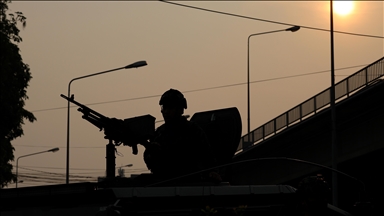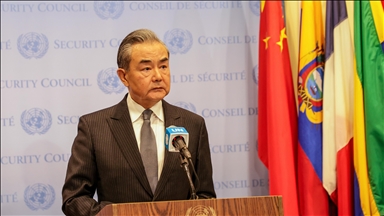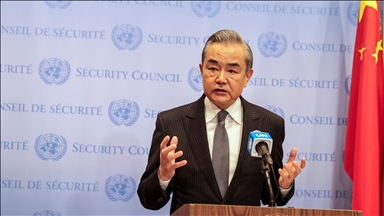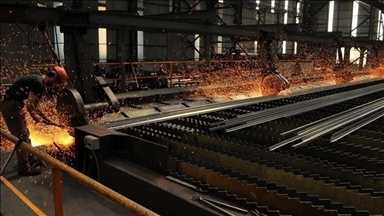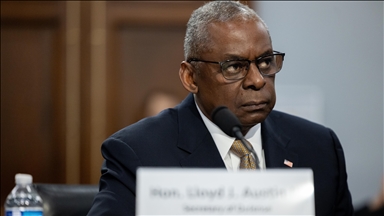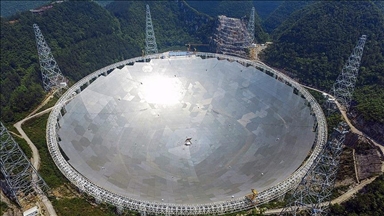Seoul, US to begin THAAD talks after rocket launch
Allies upset China by officially announcing start of negotiations on deploying US missile defense system in South Korea
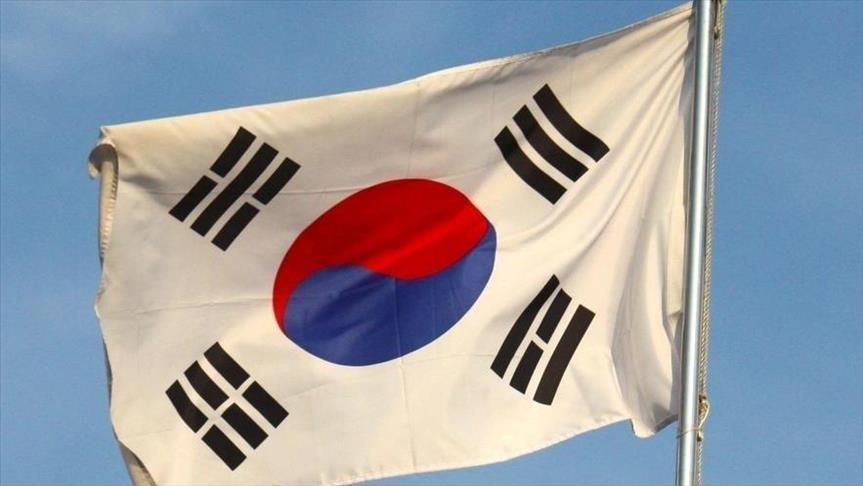
Seoul-t ukpyolsi
By Alex Jensen
SEOUL
South Korea and its key military ally the United States swiftly responded to North Korea’s long-range rocket launch Sunday by announcing the start of talks on deploying a controversial U.S. missile defense system in the South.
The stage, however, was set for heightened tensions with China as well as the North, as Beijing almost immediately expressed its “deep concern.”
China has repeatedly made clear its opposition to THAAD (Terminal High Altitude Area Defense) on the Korean Peninsula, even when Seoul previously denied reports that negotiations were already underway.
Despite the risk of triggering a regional arms race, officials from the South and the U.S. held a joint briefing in Seoul to declare the beginning of official talks “at the earliest possible date”.
One of Beijing’s primary objections has been that the allies could use THAAD as a spying tool, beyond the stated purpose of defending against a possible North Korean attack.
China’s foreign ministry told local news agency Yonhap that “countries, when pursuing their own security, should take into account others' security interests as well as regional peace and stability.”
The joint South Korean-U.S. statement appeared to be aimed at easing Beijing’s concerns, insisting that any THAAD deployment “would be focused solely on North Korea.”
Nearly 30,000 American military personnel are already based in the South as a legacy of the unresolved 1950-53 Korean War.
Earlier in the day, North Korea’s state-run media announced the successful launch of a satellite into orbit, drawing international criticism considering the reclusive state is barred under United Nations resolutions from using ballistic missile technology.
South Korea’s National Intelligence Service then claimed, according to local lawmakers, that the North is getting ready for a fifth nuclear test, having still not been punished for its claimed hydrogen bomb test last month.
China and Russia – both of whom have the power of veto at the UN Security Council – have maintained that dialogue is the best way forward in dealing with Pyongyang, rather than the tougher sanctions demanded by the likes of South Korea, the U.S. and Japan.
But Seoul and Washington were using other means to ramp up pressure on North Korea aside from the upcoming opening of THAAD negotiations.
The South’s Joint Chiefs of Staff said that the allies would conduct their largest joint military drills to date this year.
Such exercises have provoked particularly furious criticisms in the past from Pyongyang, which views them as preparations for an invasion.
Anadolu Agency website contains only a portion of the news stories offered to subscribers in the AA News Broadcasting System (HAS), and in summarized form. Please contact us for subscription options.


